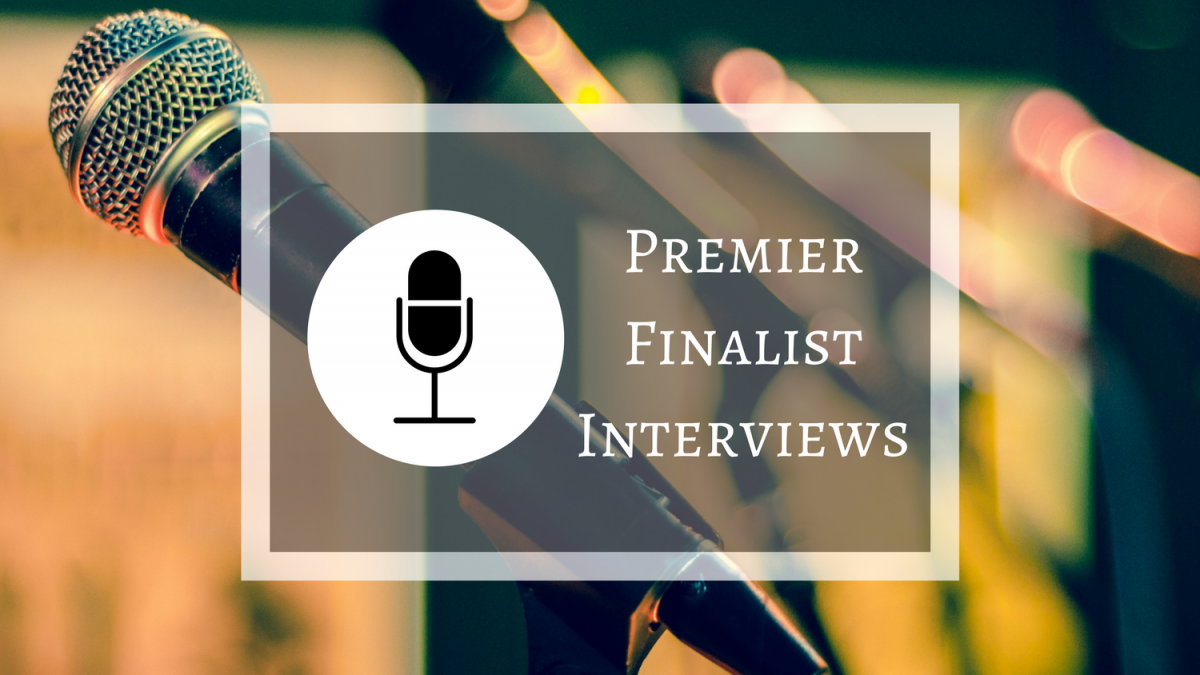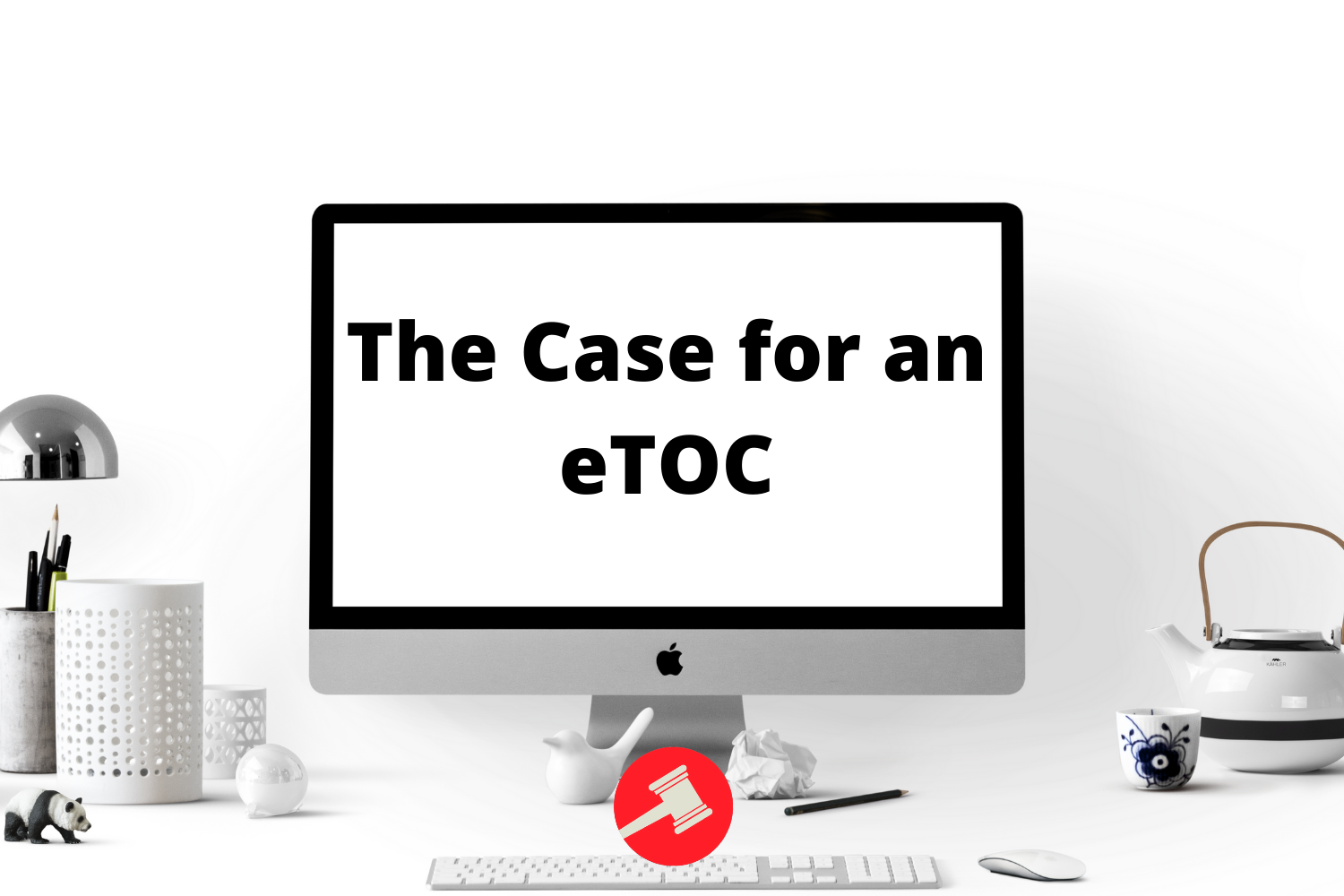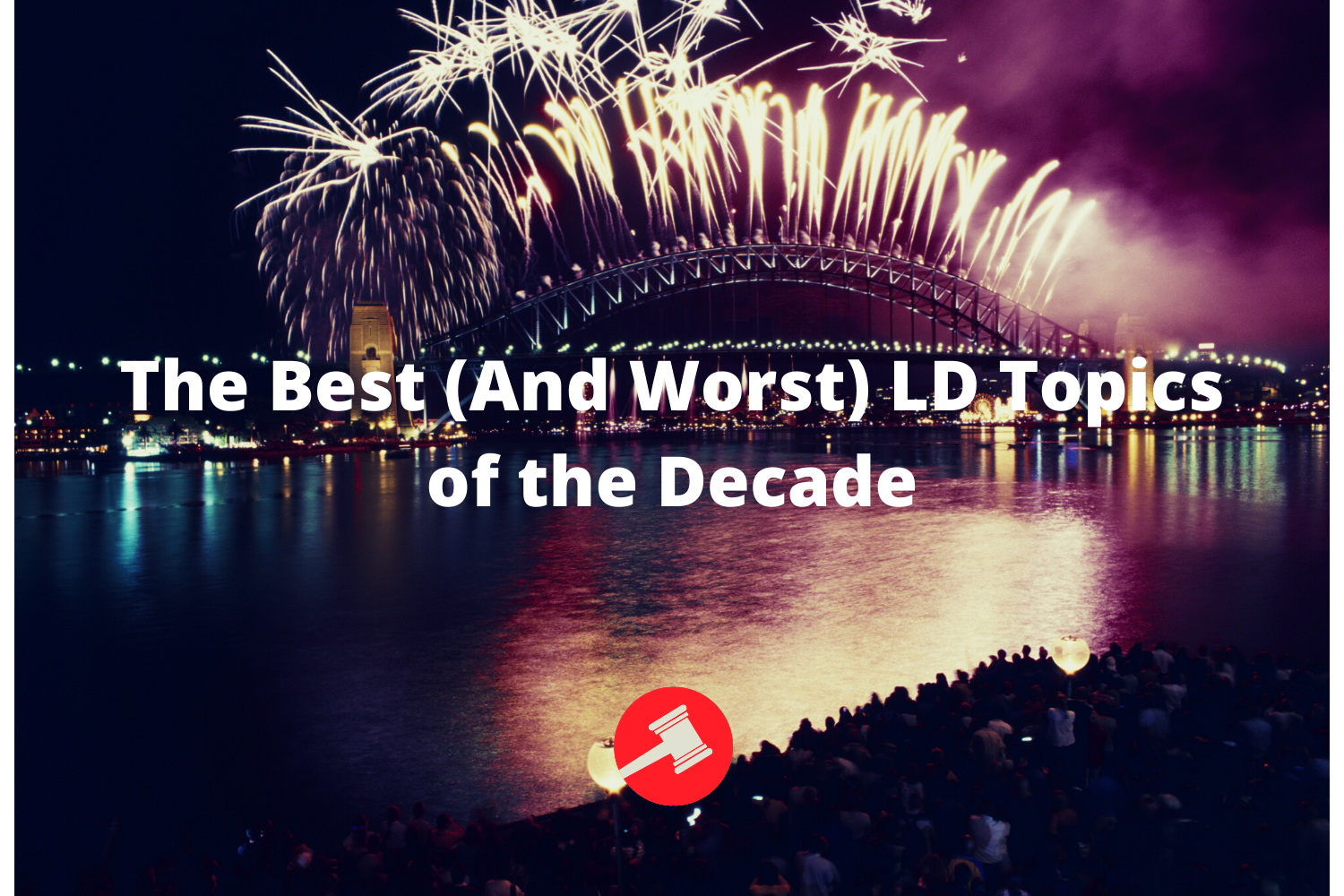2017 Capitol Beltway Fall Classic Finalist Interviews

Note: if you have questions you’d like us to ask, please let us know here, and we’ll ask them during the next set of tourney interviews!
Finalist Interviews
Jack Stern (North Hollywood JS) and Carolyn Zou (Pennsbury CZ) co-championed the Capitol Beltway Fall Classic. Premier Debate has exclusive interviews with both these debaters!
Carolyn Zou (Pennsbury CZ), Co-Champion
Question: Perhaps we’ll start with the obvious, how was the tourney experience? What was the feeling going through prelims and elims?
Carolyn Zou: Right after the judging pool came out, I knew what the majority of rounds were going to look like: either very K-heavy or in front of a parent. I think that this expectation made the tournament a lot easier for me, because I would never be surprised by a pairing. After losing the first prelim I was incredibly thrown off, but didn’t have much difficulty making up for it in all the rounds after that. I think my bid round against Walt Whitman was especially notable – the 1ac, 1nc, and 1ar were EXACTLY the same as a prelim I had won the night before, and I remember making faces at Jong Hak, who was watching the round. Overall, I enjoyed the tournament, especially because the start times were reasonable and the food was good.
Q: Round 1 threw you off your rhythm, in spite of your understanding of the judging pool. What happened?
CZ: An argument I collapsed to in the 2nr wasn’t evaluated the way I thought it would’ve been. Specifically, their 1ar read a really long theory shell, so I thought it would be strategic to make cross apps of their 1ac truth testing justifications. Turns out the 1ar didn’t extend truth testing, which led the judge to default to some other role of the ballot in which fairness/education are voters. A strategic mistake on my part, since this wasn’t the greatest judge for the 1nc strat I chose either, which may or may not have involved “spikes on top.”
Q: Even so, you got back up and pushed to finals! What’s your debate style, and how did you adapt to the judging pool?
CZ: For the most part, I’ve tried not to have a “style.” At this tournament I read everything from Kant, to the good samaritan paradox, to the cybersecurity aff, to a 1ar Lacan K. I actually only had to debate in front of a parent once which was pretty lucky for me, and adapting to judges was much less of an issue than adapting to what the other person was weak at. I’m pretty sure Walt Whitman thinks I’m a high theory debater because I’ve read Lacan against them 3 times in a row now, but in reality it’s just because I think it’s something they’re not super familiar with.
Q: Massive work must’ve went into prep! How did you develop such a breadth of positions?
CZ: From camp, mostly! I found that having a super diverse group of lab leaders and mentors over the span of 5 weeks influenced me to be familiar with different arguments. Additionally, having coaches who specialize in different types of argumentation is a huge help. I think the only thing I read that my teammates do not is Lacan, which I have a personal interest in. Funnily enough, one of my judges did too, because he showed me the book he carried around which also happened to be the book that I cut some link evidence from. Regarding drills, I definitely don’t do as many as I should, but my coaches this weekend pushed me to at least do some warmup before and between rounds.
Q: Is there anything within the debate community you’d like to comment on or discuss?
CZ: In the past 2 weeks, I’ve had some really great experiences and some really terrible ones. Despite being pretty happy about getting 2 bids in 2 weeks after thinking I was still the same debater who went 1-5 at Yale last year, I also lost someone who was very close to me. I think that debate can get really competitive and even malicious, so I think it’s important that debaters see each other as people first and competitors second. I’m really glad that people have started making and posting lists of resources for that, and I hope people will keep it up instead of forgetting about the issue.
Q: Especially true, now more than ever. Lastly, do you have any shout-outs you’d like to make, or maybe have any lighthearted stories from the tournament?
CZ: Jack was actually super funny – huge shout-out to him for being hella positive and telling me we were going to close out for sure. I’d never met him before the tournament, but he’s a really cool guy and I hope we go to some other tournaments together so we can close out again.  Additionally, huge shout-out to my coaches who gave me food, prep, and advice. Another one goes out to Nevin and Emily from Dallastown, super cool to see other debaters from my home state being nationally competitive. I don’t have any particularly funny moments, but I did keep tripping over stuff and also looked at the wrong camera for all the pictures..
Additionally, huge shout-out to my coaches who gave me food, prep, and advice. Another one goes out to Nevin and Emily from Dallastown, super cool to see other debaters from my home state being nationally competitive. I don’t have any particularly funny moments, but I did keep tripping over stuff and also looked at the wrong camera for all the pictures..
Jack Stern (North Hollywood JS), Co-Champion
Question: Running through the tournament, you went undefeated (and didn’t drop a ballot). Did you get nervous at any point? Did you expect to perform this well?
Jack Stern: Outside of a few of the top debaters, nobody goes into a tournament expecting to win, so I was not expecting to have as much success as I did. I was definitely nervous before elims, but I knew that I was prepared and wasn’t caught off guard by anything that was run against me. I was certainly pleasantly surprised that I was able to not drop a ballot, and it felt really good to see results considering all of the time that I’ve put into debate, but it was definitely not what I was expecting going in.
Q: Knowing your positions well is crucial for such a run. What positions did you go for that got you to finals, and how’d you refine them?
JS: Not that I don’t have favorite positions, but I tried to diversify what I went for – I read 3 different Affs: 1 round I read a whole res util Aff, another I read my “I Need a Doctor” Aff, and in a 3rd round, I read the high school pragmatism Aff that’s become my favorite Aff to read on this topic (other than my top secret unbroken Nail Bomb Aff). On Neg, I went for T in 2 rounds, brackets theory in another round, and in quarters and semis, I went for policy arguments in the 2NR. The main thing I drilled on before this tournament was giving a 1AR answering kritiks (thanks, Amit!), and it ended up really helping me out in at least of 2 of my rounds. I also worked with Paras Kumar on going for policy arguments in the 2NR, which was really helpful in my 2 elim rounds as well.
Q: Now, do you think you have a set debate style, or a realm of debate you feel particularly comfortable with?
JS: Getting comfortable with new types of arguments is something I’ve been trying to work on, but at least for the time being, my favorite type of argument to go for is tricks (even though I didn’t read any at Beltway) and the type of argument that I think I’m best at going for is theory/T. That said, I would feel comfortable giving a 2NR/2AR on philosophy, util, or critical arguments, so I consider myself to be pretty flexible, and I usually adapt my strategy to my opponent and judge.
Q: Oh, not a single trick? Since the strategies you pursued this weekend were atypical for you, how did you prep beforehand?
JS: Honestly, the position that I was most looking forward to running this weekend was brackets theory, as I’m convinced that it’s a 100% true argument, but after Raffi and Jong Hak banned me from reading it after I read it in rounds 2 and 3, I had to change my strategies in rounds 4 and 5 a little bit. That said, I was ready to beat Walt Whitman’s Affs going in (even without bracket theory), and my primary strategy going in was to look at the positions that people had on the wiki and make sure I was prepared to beat them with positions (mostly CPs and DAs) that I already had ready. The judging pool was also more skewed towards policy judges than normal, so I had to alter my strategies to go for more policy style arguments, and that was something that I’ve been drilling on and trying to improve on for a few weeks now.
Q: Wrapping up, I’ve got two last questions. First, are there any aspects of debate that you’d like to share your opinion on?
JS: Although it’s not the most popular viewpoint, I feel passionately that debaters should not bracket evidence. Even if it’s done in academic literature, debate is done verbally, so even if you say in advance that evidence is bracketed, the judge does not know exactly what part of the evidence is bracketed, and I believe that with the exception of gendered language, debaters should NEVER bracket evidence. Another issue that I feel passionately about is that the debate community should try to be more inclusive to independent debaters and debaters who have financial struggles. It’s hard to win when you don’t have access to a lot of resources, and luckily I’ve been able to participate and join DebateDrills this year, but not everyone has this opportunity and I know debaters who have been unable to participate as much as they would’ve liked to due to financial issues and the inability to prep against 20 different Affs.
Finally, I wanted to thank the debate community towards all the steps that people are taking to combat issues of depression in light of recent events. My heart goes out to the family, and obviously what’s being done is too little, too late, but hopefully we can prevent an incident like this from happening again in the future.
Q: Second, are there any shout-outs or thank-yous you’d like to make?
JS: Knowing everyone at DebateDrills has been a huge help to me, so thanks to all of the coaches – Paras and Amit for drilling with me, and Raffi and Jong Hak for being at the tournament and helping Carolyn and me out. Additionally thanks to some of the other debaters: Rex Evans (we’ve already debated each other like 7 times this year in practice rounds and real rounds), Matt Chen (for answering all of my questions and giving me some really awesome Affs to work with, specifically doctors), and Carolyn Zou (for agreeing to close out the tournament, especially considering you would’ve beat me in finals with Lacan). All of my friends on circuit, from Oakwood’s debaters (Logan Bauman, Arlo Weiner, etc.), to everyone else who I’m friends with, have made this activity really enjoyable for me, so thanks to all of you. Finally thanks to my mom and grandma – obviously debate isn’t cheap, and they’ve helped me economically, morally, and logistically by travelling around the country to enable me to participate, which isn’t easy as an independent.
Thanks to Jack and Carolyn for sharing their perspectives! If you want your questions answered, be sure to let us know here!


